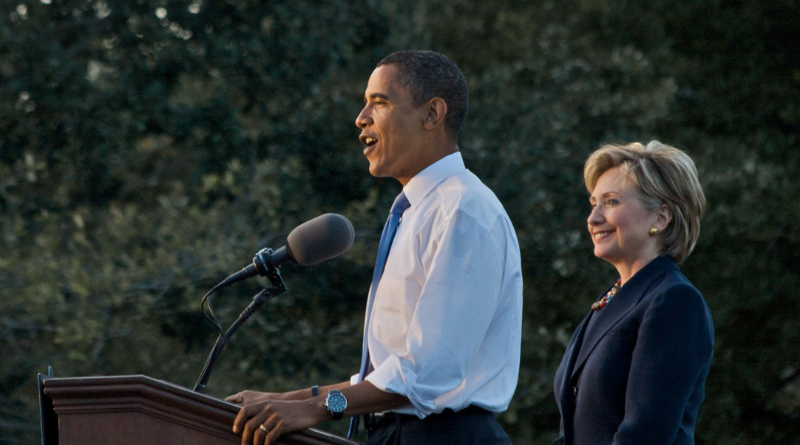
In the world of politics, the role of a speaker is pivotal. A skilled speaker possesses the ability to influence, persuade, and inspire, making their mark on the course of history. Whether addressing a crowd, a legislative assembly, or the world through media, the power of a speaker in politics cannot be underestimated. In this comprehensive guide, we will explore the significance of speakers in the political arena, the qualities that make them effective, and how their words can shape nations and inspire change.
The Role of a Speaker in Politics
- Voice of the People: A political speaker serves as the voice of the people, representing their concerns, hopes, and aspirations. They have the responsibility to articulate the sentiments of their constituents.
- Advocacy and Persuasion: Speakers are advocates for their political ideologies and policies. They employ persuasive techniques to win over both the public and fellow politicians.
- Legislative Function: In legislative bodies, the speaker plays a crucial role in maintaining order and ensuring that debates are conducted fairly. They have the power to grant or deny the floor to speakers and control the flow of discussion.
- Inspirational Leadership: Effective political speakers have the ability to inspire and mobilize masses. Their speeches can ignite social movements and drive change.
- Media Presence: In the age of digital media, political speakers have a global platform to convey their messages. They can reach millions through televised addresses, social media, and online platforms.
Qualities of an Effective Political Speaker
- Communication Skills: An effective speaker must have exceptional communication skills. This includes the ability to articulate ideas clearly, connect with the audience, and convey messages persuasively.
- Empathy: Understanding the concerns and needs of the people is essential. Empathetic speakers can relate to their audience on a personal level, building trust and rapport.
- Knowledge and Expertise: A deep understanding of political issues, policies, and history is crucial. An informed speaker can provide context and substance to their speeches.
- Confidence: Confidence is key when addressing crowds or debating opponents. It exudes authority and makes the message more compelling.
- Adaptability: Political landscapes change rapidly. An effective speaker must be adaptable and responsive to evolving issues and challenges.
The Influence of Political Speeches
Great speeches in politics have the power to shape nations, alter public opinion, and inspire change. Here are some iconic examples:
- Martin Luther King Jr.’s “I Have a Dream” Speech: Dr. King’s speech during the civil rights movement in the United States called for an end to racial segregation and inequality. It remains a symbol of hope and a catalyst for change.
- Winston Churchill’s “We Shall Fight on the Beaches” Speech: Churchill’s inspiring speeches during World War II rallied the British people and bolstered their resolve in the face of adversity.
- Nelson Mandela’s Inaugural Address: Mandela’s inaugural address as South Africa’s first black president emphasized reconciliation and unity, setting the tone for the nation’s healing process.
- Mahatma Gandhi’s Speeches for Nonviolence: Gandhi’s speeches advocated for nonviolent resistance, inspiring movements for civil rights and freedom across the world.
- Barack Obama’s “Yes We Can” Speech: Obama’s powerful rhetoric energized his presidential campaign and instilled hope in millions.
Challenges Faced by Political Speakers
Political speakers also face numerous challenges, including:
- Public Scrutiny: Their every word is analyzed and critiqued, making them vulnerable to public scrutiny and criticism.
- Political Opposition: Opponents often challenge their views and engage in debates, requiring speakers to defend their positions convincingly.
- Maintaining Credibility: Building and maintaining credibility is crucial. Any perceived inconsistency or dishonesty can harm their reputation.
- Balancing Diverse Interests: Political speakers must balance the interests of various stakeholders, including constituents, party members, and special interest groups.
- Navigating Polarization: In increasingly polarized societies, speakers must find ways to bridge divides and foster unity.
In the realm of politics, the power of a speaker is immense. They are not only the voice of the people but also the architects of change and progress. Through effective communication, empathy, and leadership, political speakers can shape the course of nations and inspire a better future. As we witness the impact of their speeches on the world stage, we are reminded of the enduring influence of those who possess the ability to move hearts and minds.
In the ever-evolving landscape of politics, the role of the speaker will continue to be instrumental in guiding societies towards progress, unity, and justice. It is a role that demands not only skill but also a deep sense of responsibility to the people they serve and the principles they uphold.



